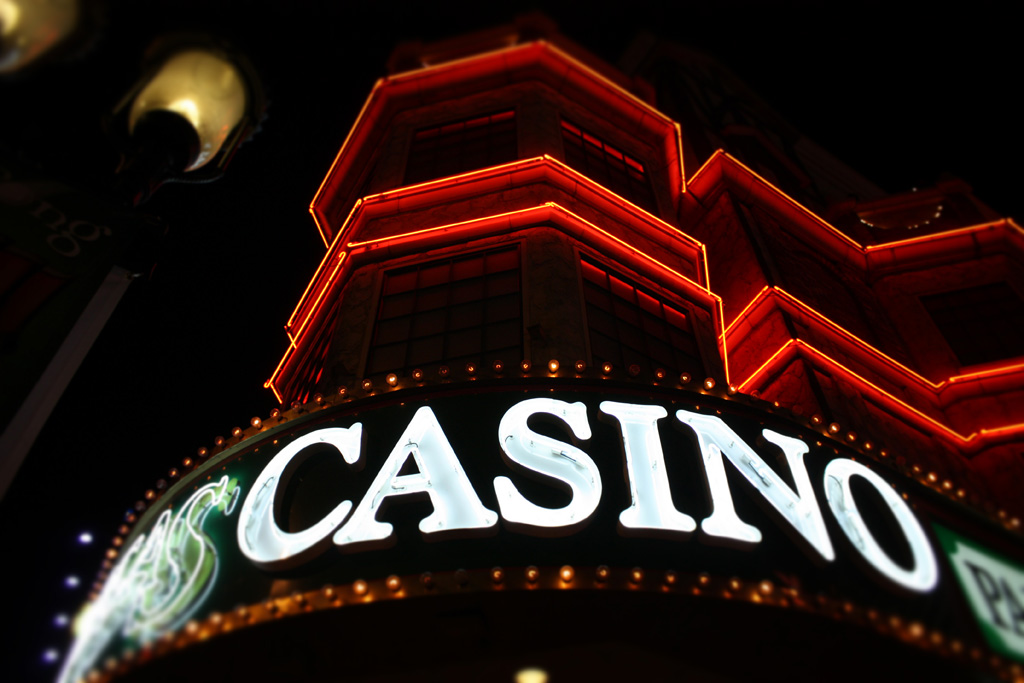
Gambling games have captivated gamblers for centuries, drawing them into a world of adventure, luck, and wealth. From the blinking lights of gambling machines to the intense action of card tables, these experiences offer a unique combination of amusement and risk. However, below the surface of this glamour and style lies a complex connection of mathematics that influences every result and action made within the casino.
Comprehending this link between gambling games and math not just enhances the player’s journey but can also help participants make wise decisions. Whether you are a occasional gambler or a dedicated fan, recognizing the mathematical principles at play can provide insightful insights into likelihood, odds, and approaches, finally influencing how one approaches these games of luck.
Mathematical Probability in Betting
In the sphere of gambling activities, mathematical likelihood plays a crucial role in assessing results and informing gambler choices. Every activity has a distinct set of rules and a particular probability framework that influences its dynamics. For instance, in games like roulette, players must grasp the probabilities of hitting a particular digit or shade. The probability of specific events happening can be assessed, and this understanding can greatly affect wagering strategies.
Players also need to be cognizant of the house advantage, which is the statistical advantage that casinos hold over gamblers in the long term. This edge differs across various games. In 21, skilled players can use strategies to minimize the house edge to as little as 1 %, while in activities like slot machines, the casino advantage can be significantly greater. Comprehending the casino edge allows gamblers to make wise decisions about which games to participate in and how much to bet.
Moreover, probability is fundamental in the concept of risk versus gain in gambling. Each bet carries a certain danger factor, and gamblers must consider the possible return against that danger. Activities like the poker game require players to not only compute the odds of their own hand winning but also to assess the probabilities of their rivals’ showings. By applying statistical concepts to their gameplay, gamblers can improve their chances of winning and engage more effectively in the exciting world of casino games.
Anticipated Worth in Casino Activities
When talking about casino activities, one of the fundamental ideas rooted in math is the expected value. This statistical measure assists gamblers grasp the possible outcomes of their wagers over a period. In simple terms, expected worth (EV) determines the mean amount a player can expect to win or suffer per bet if they were to play the activity repeatedly. Each game has its unique EV, affected by the probabilities and the casino advantage, which signifies the advantage that the casino holds.
For example, think of a game like roulette. The anticipated worth can be derived based on the particular bet placed. If a gambler bets on a individual number, the return is 35 to 1, but the actual chances of success that wager are 1 in 37 (in Euro the roulette game). This leads in a negative expected value, indicating that, on average, players will incur a loss money over time when playing this kind of wager. Understanding this idea allows players to make more informed choices about which games and bets may be more favorable.
Furthermore, the exploration of expected worth can lead to improved money management. Players who understand the mathematics behind their activities are often able to set practical goals. By recognizing their potential losses and profits, they can modify their gambling strategies accordingly, which may improve their overall gambling experience. As a result, expected value serves as a critical resource for both novice and seasoned players to navigate the often unpredictable nature of gambling games.
Strategies and Probabilities: The Mathematics Behind Winning
In casino games, understanding the odds is crucial for players looking to enhance their likelihood of success. Each game has its own specific set of odds that dictate successful results, and these figures are often presented in the game’s rules or payout tables. For case, in activities like blackjack, participants can enhance their chances through strategies such as card counting, which relies on mathematical principles to gain an advantage over the casino. By acquainting themselves with the odds, players can make more knowledgeable determinations on when to wager and when to fold.
Moreover, the idea of average value has a critical function in casino strategies. Expected value determines the mean outcome of a bet over the long run, allowing participants to evaluate whether a particular bet is worth taking. For example, video slots have a specific payback percentage, which can suggest the expected profit a player can expect on their stakes. By opting for activities with higher average outcomes, gamblers can reduce the house edge, enhancing their future winnings in the over time.
Lastly, successful gamblers often employ a combination of luck and mathematical strategy to boost their gaming experience. While luck is unpredictable, managing a staking plan based on math insights can lead to more favorable outcomes. By utilizing techniques such as money management and game selection, gamblers can apply math to handle the random nature of casino games, making the most of their time and investments at the casino.
https://choinohu.vip/